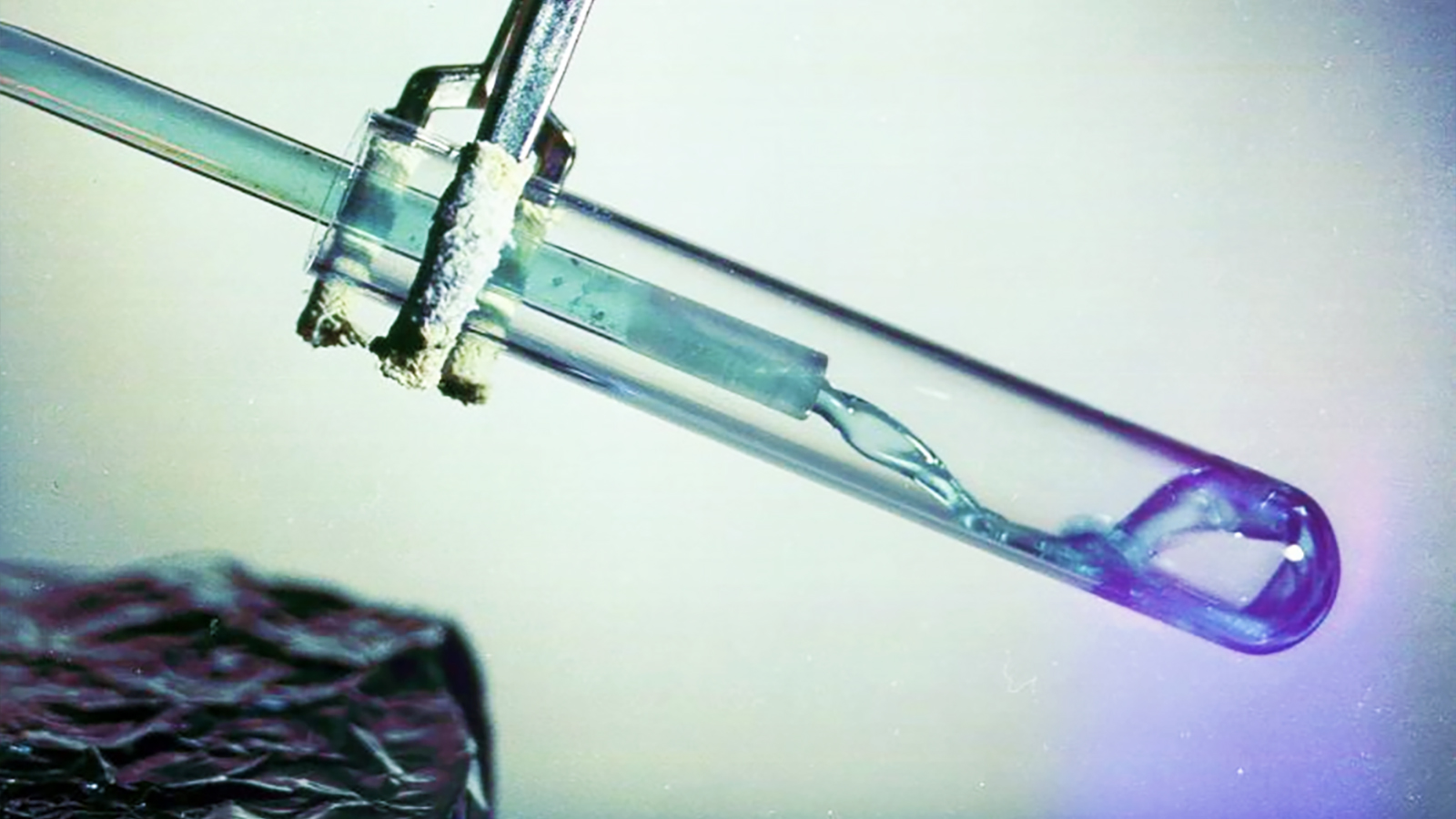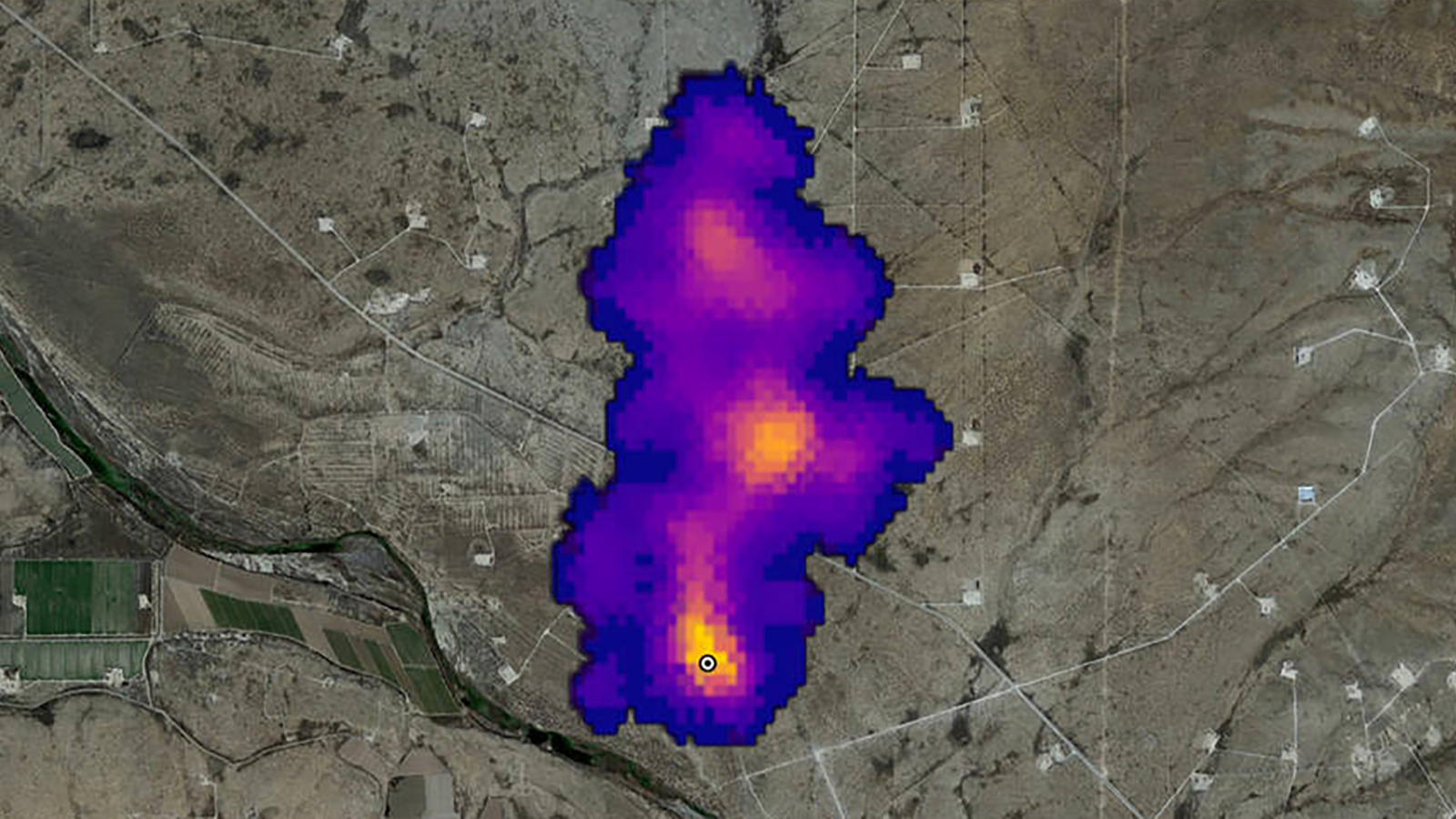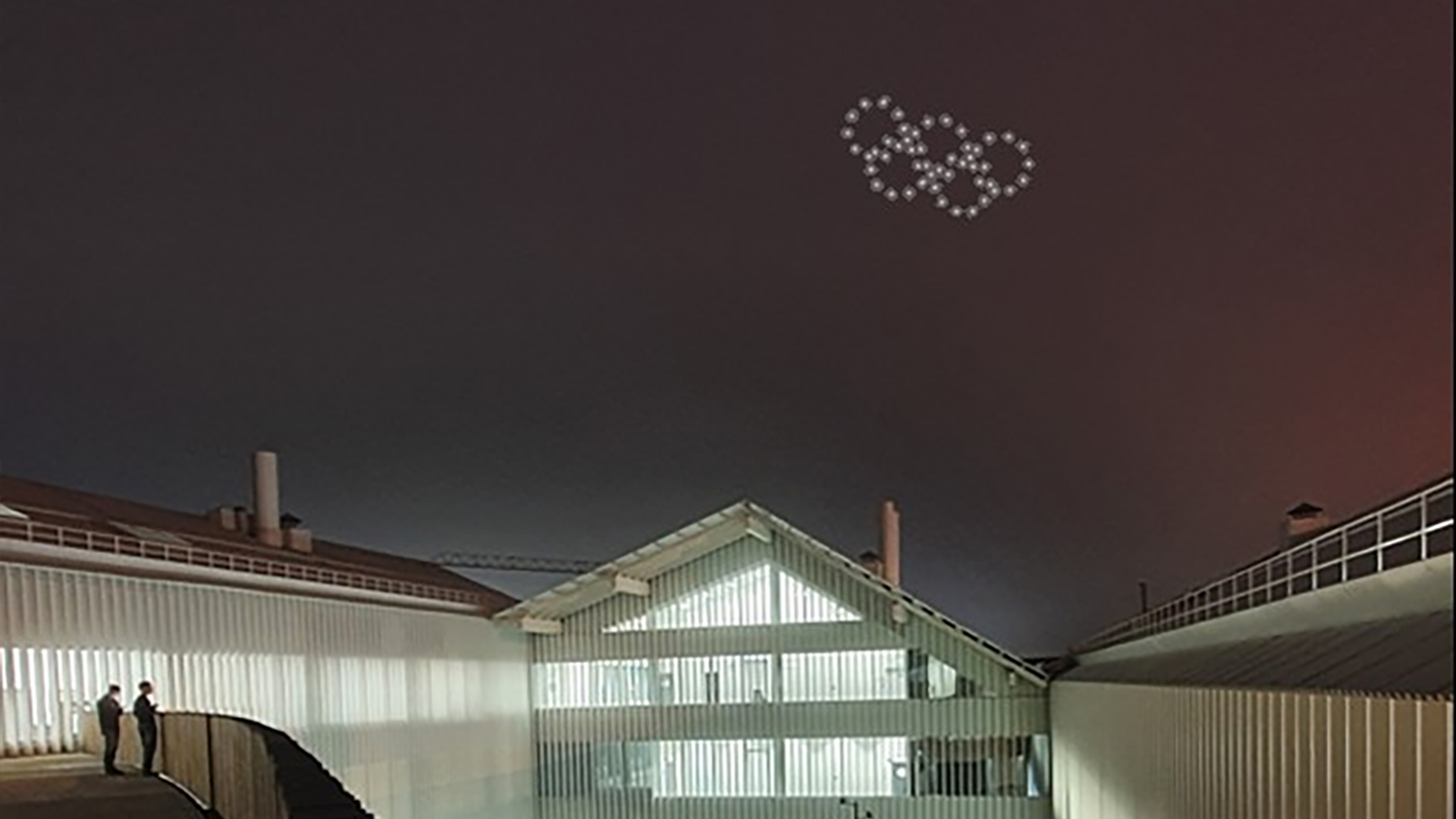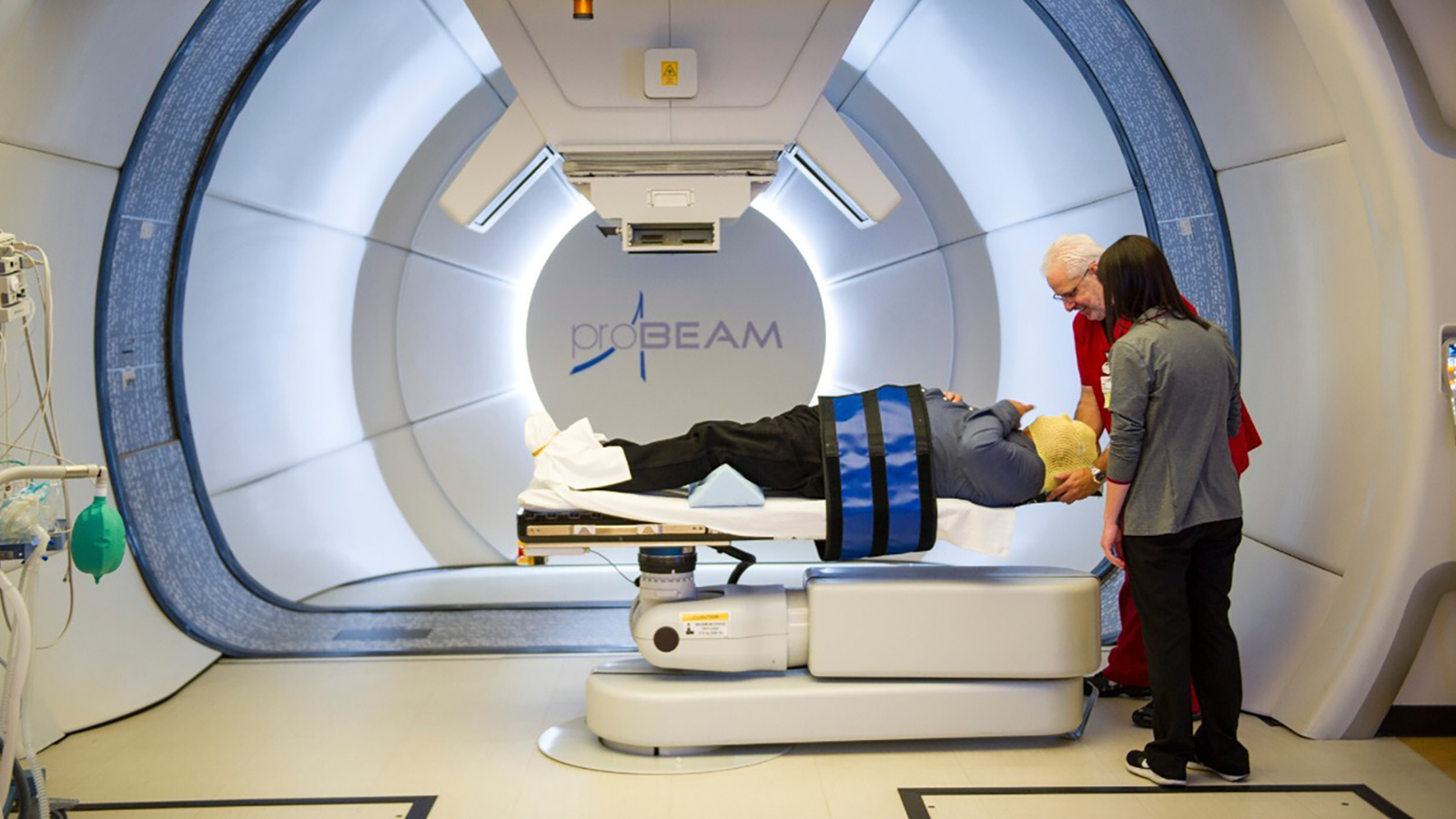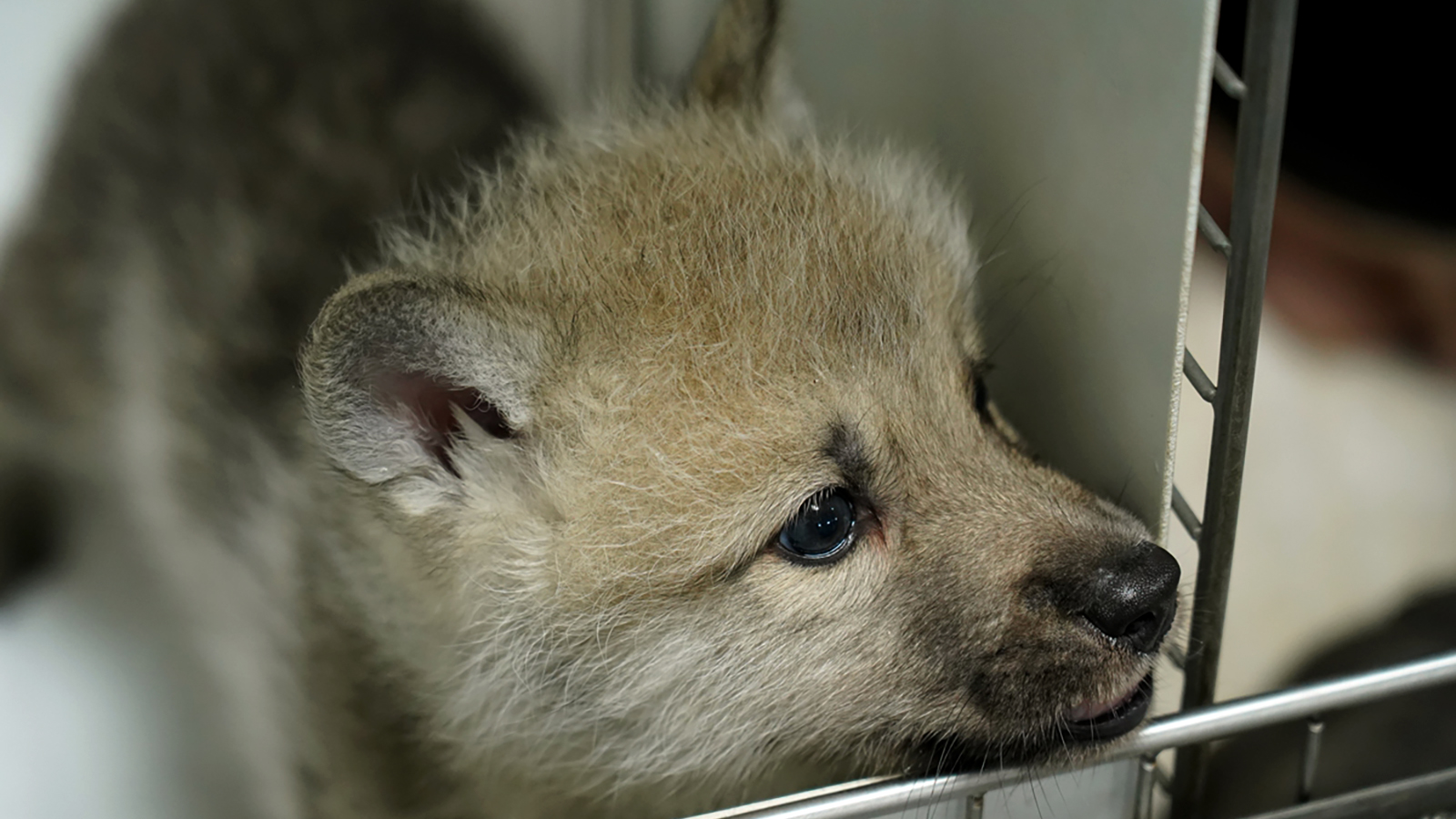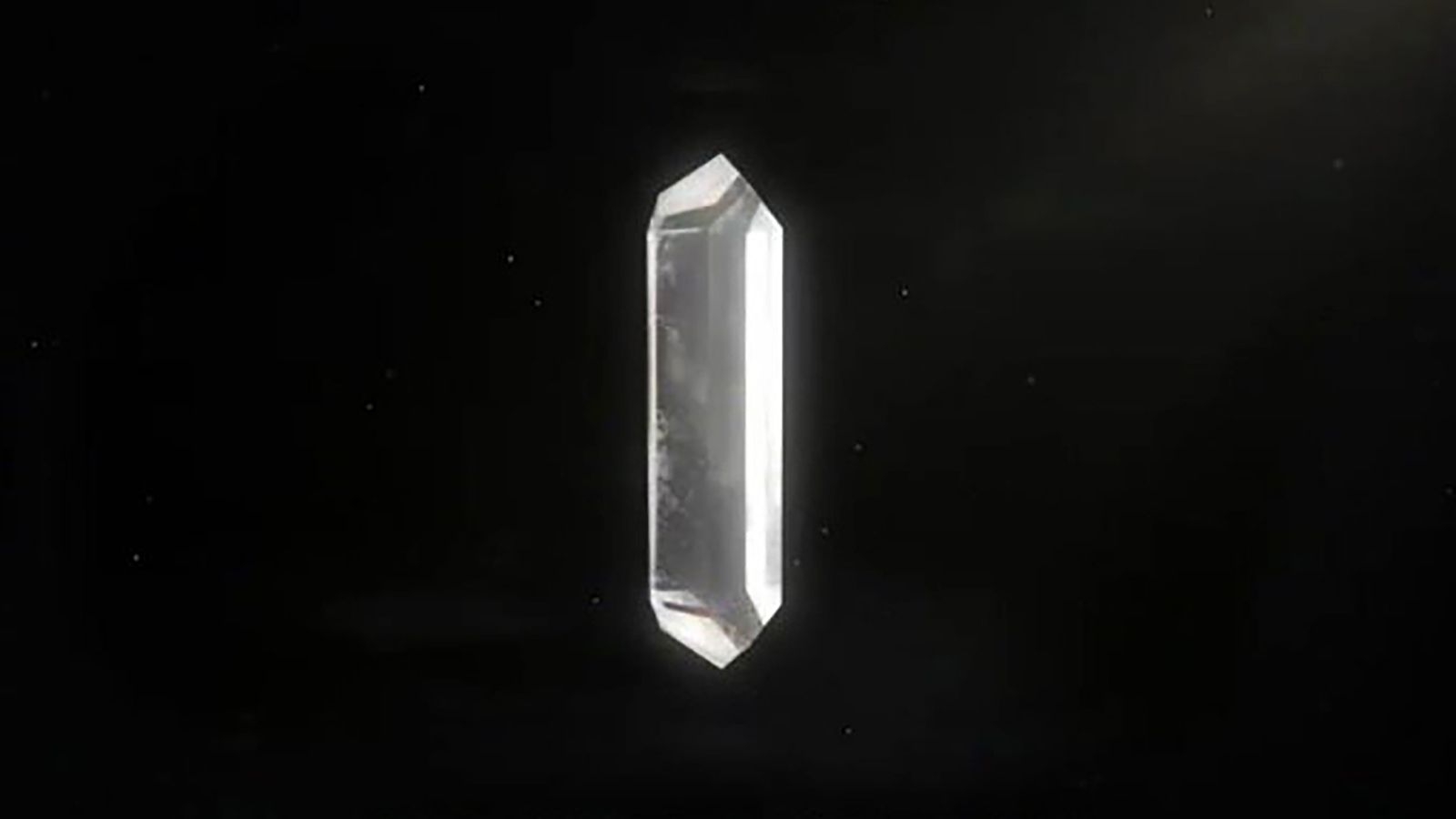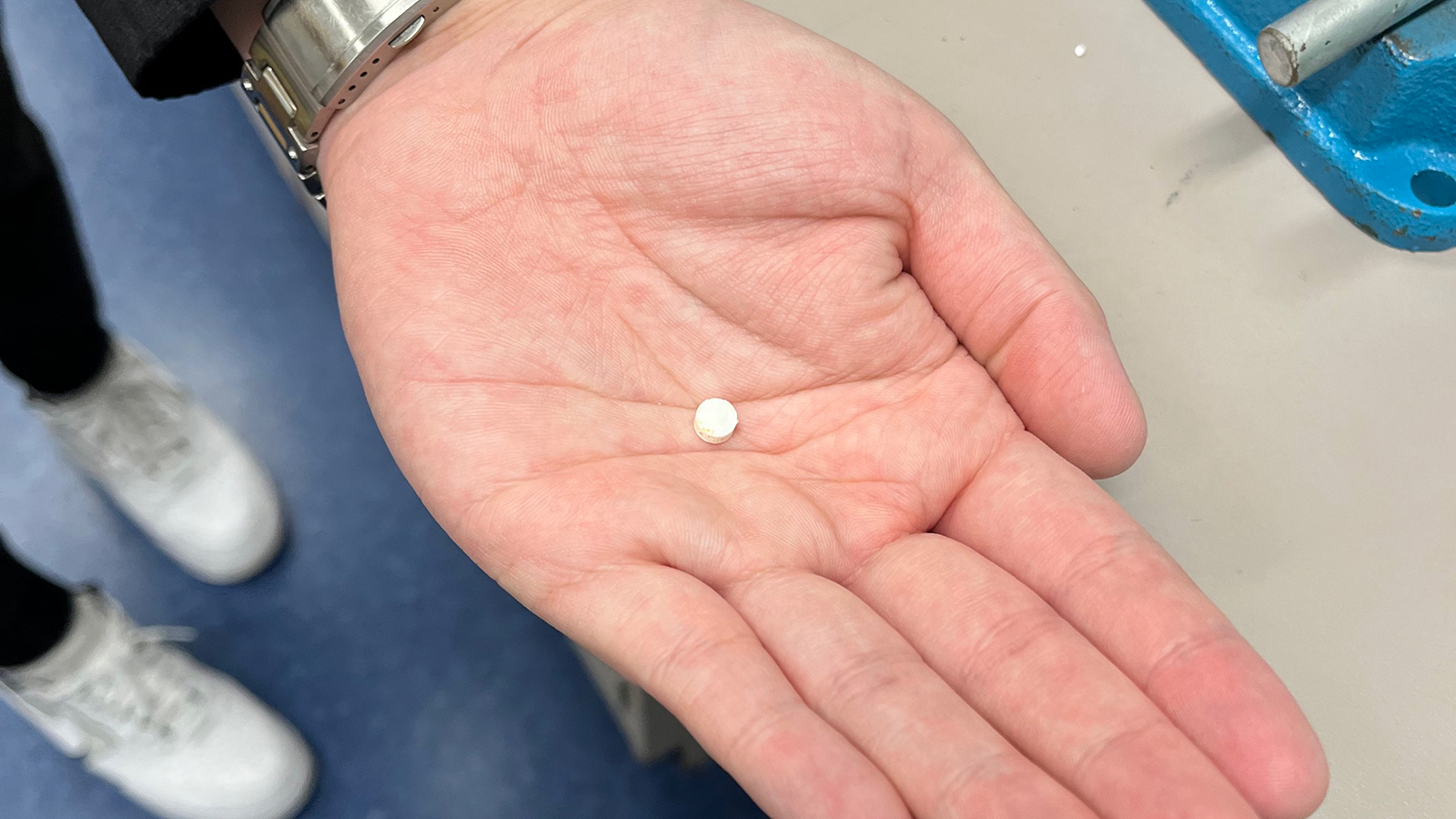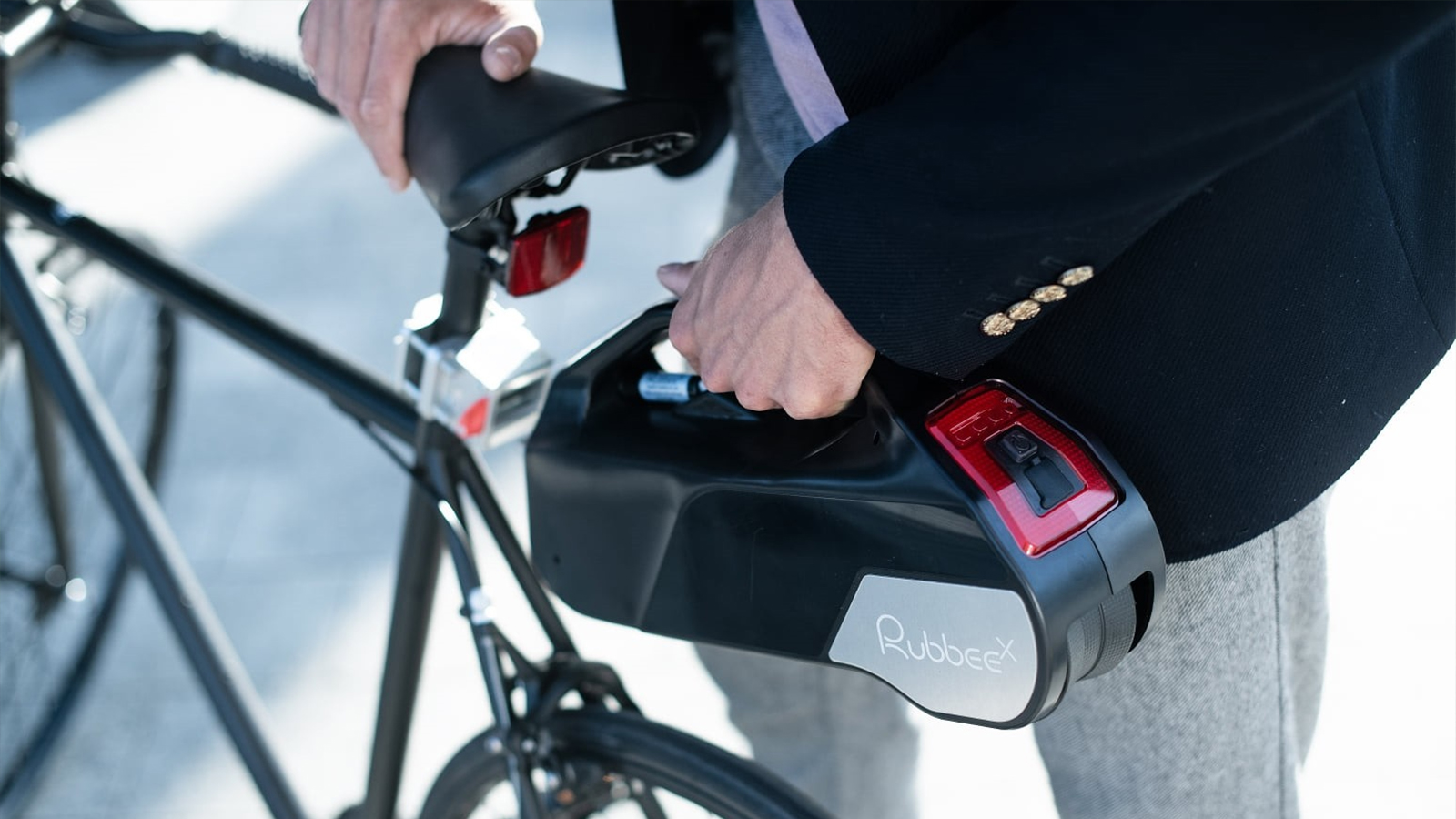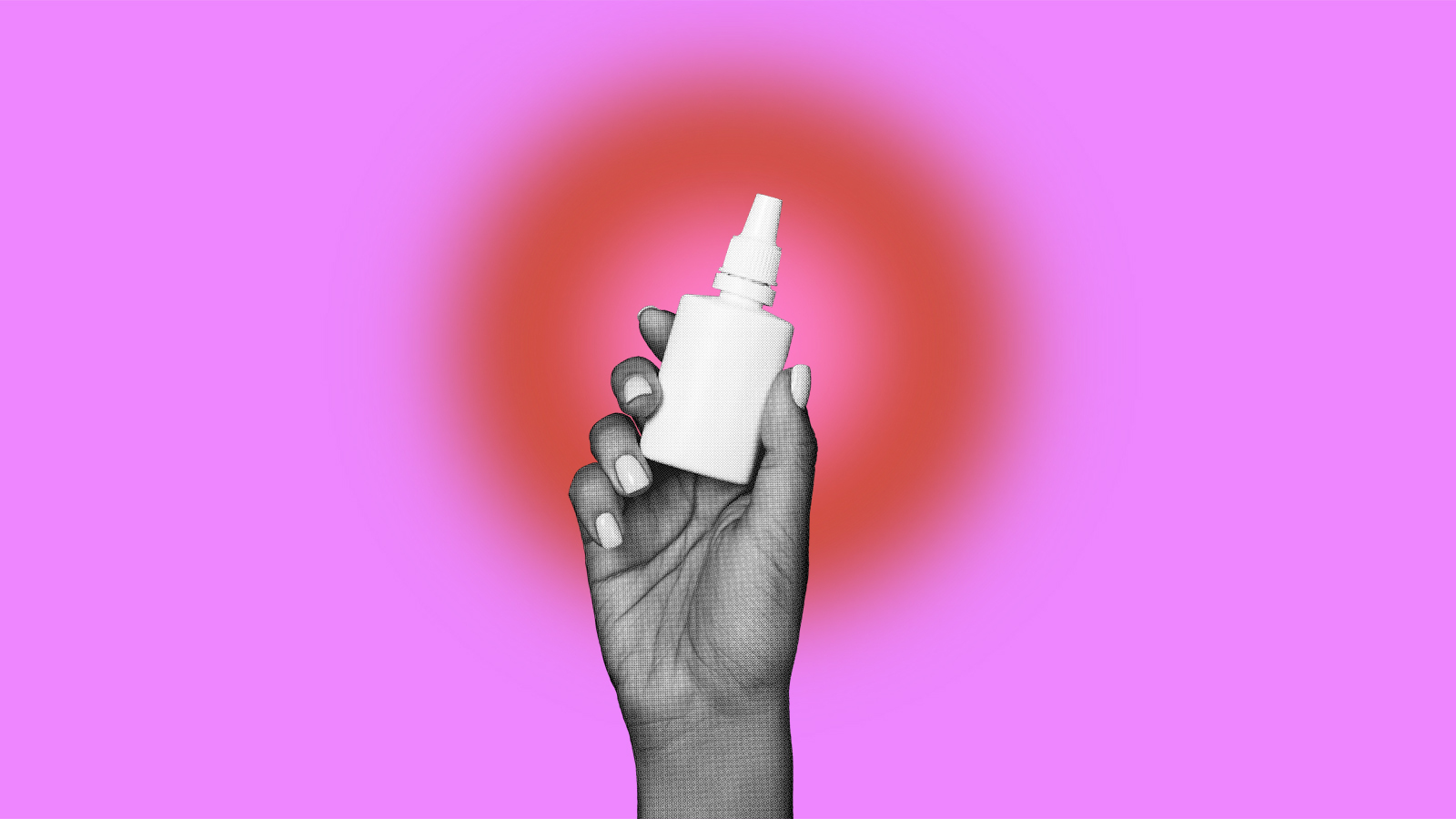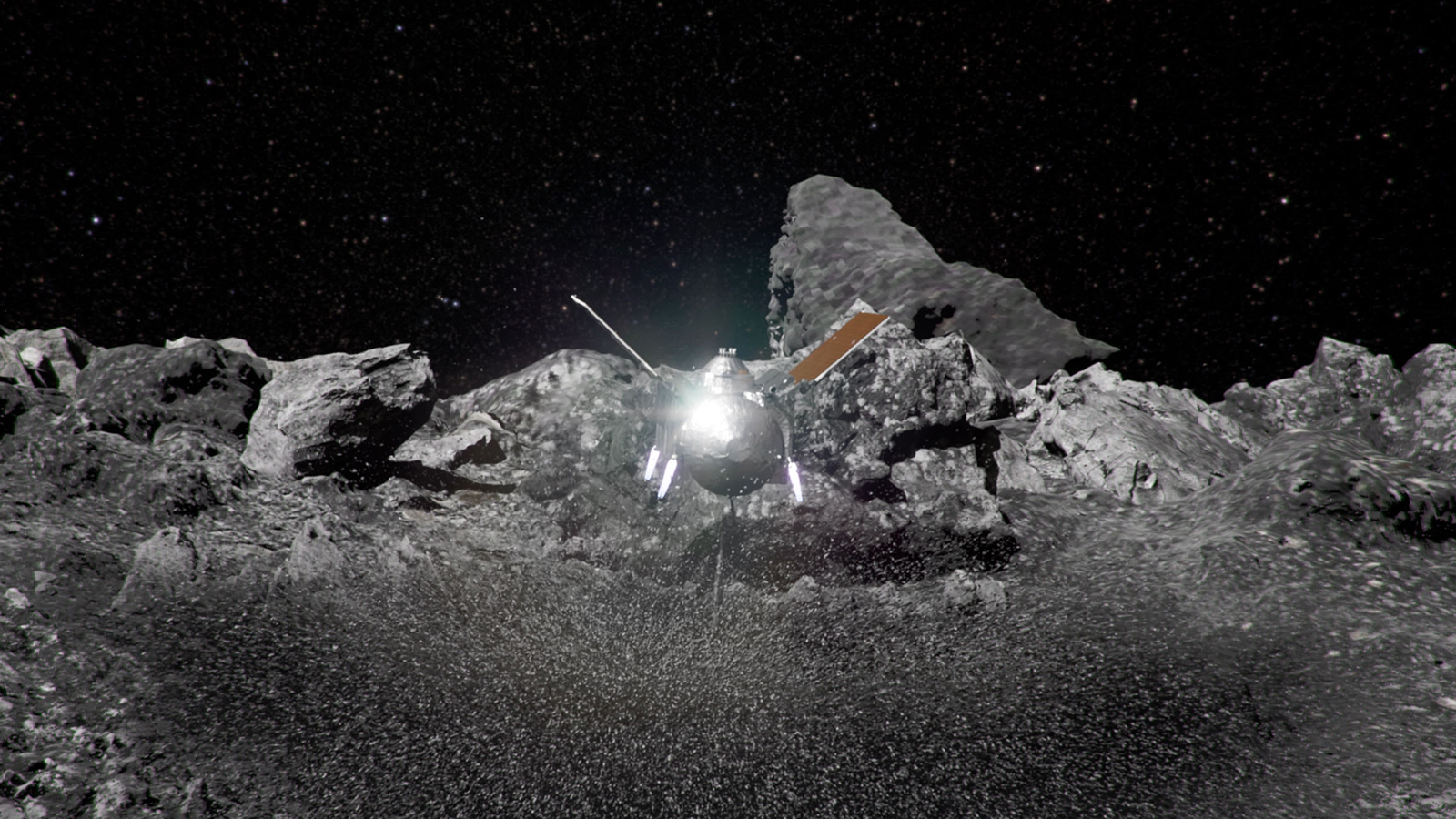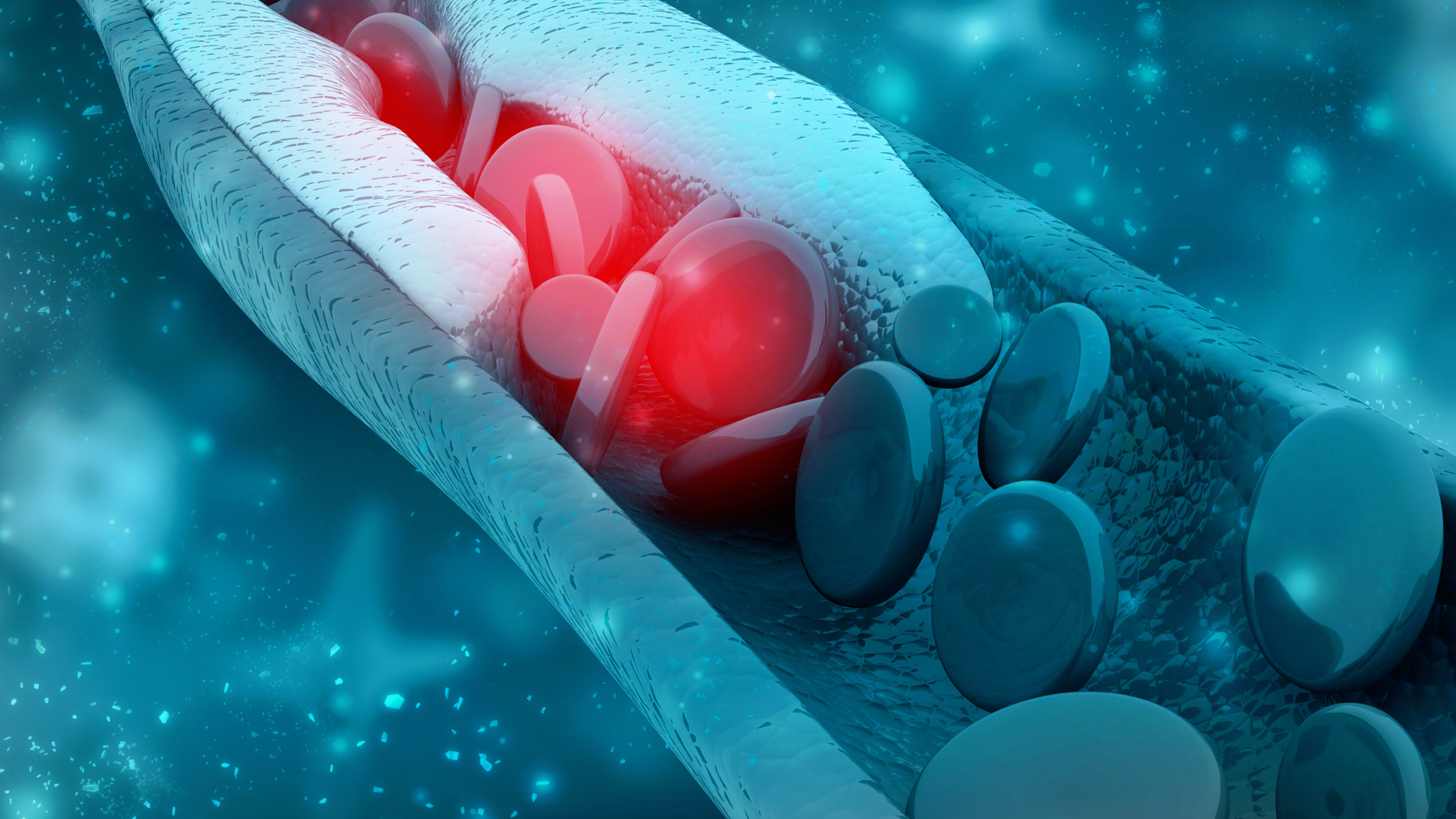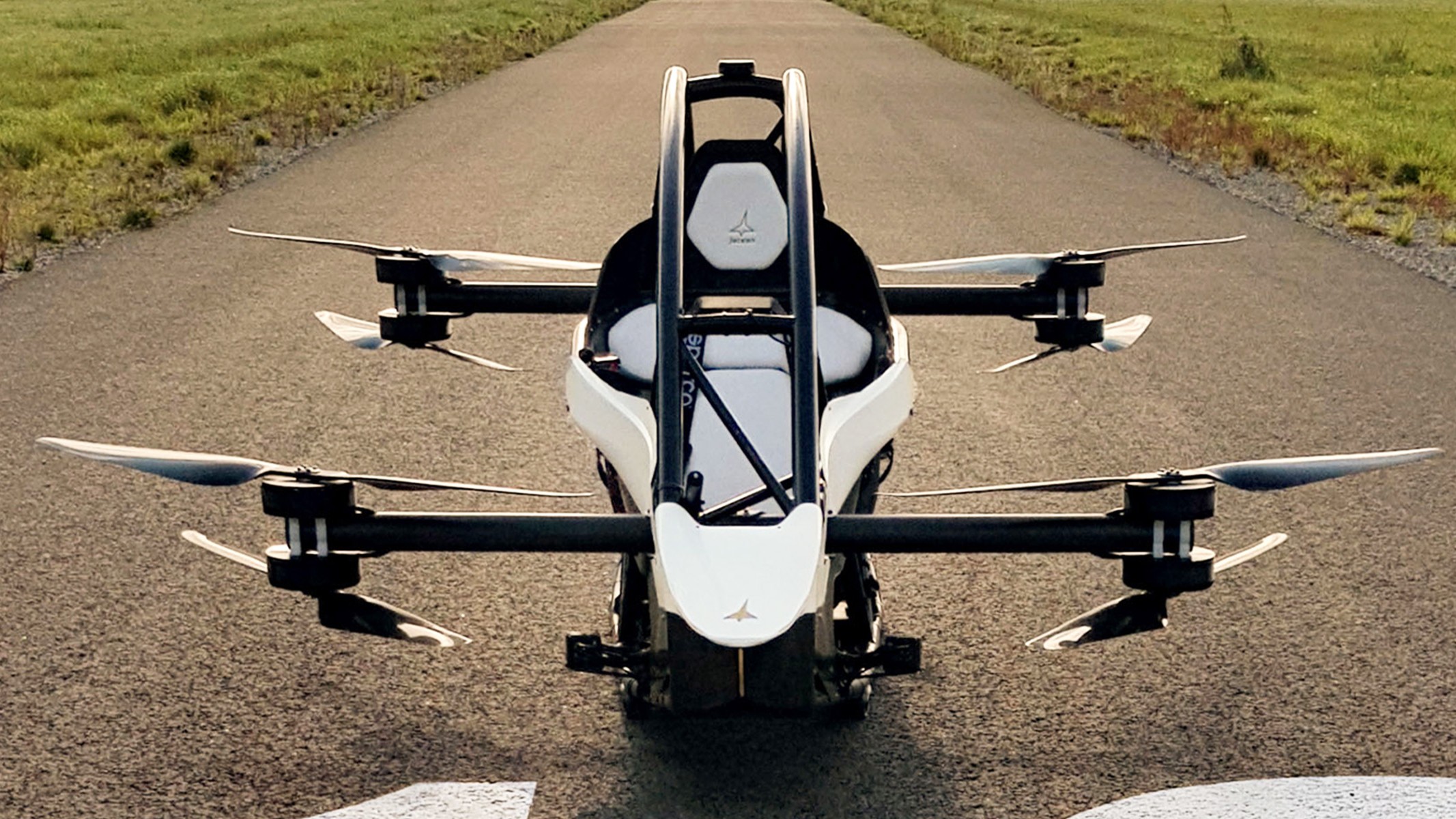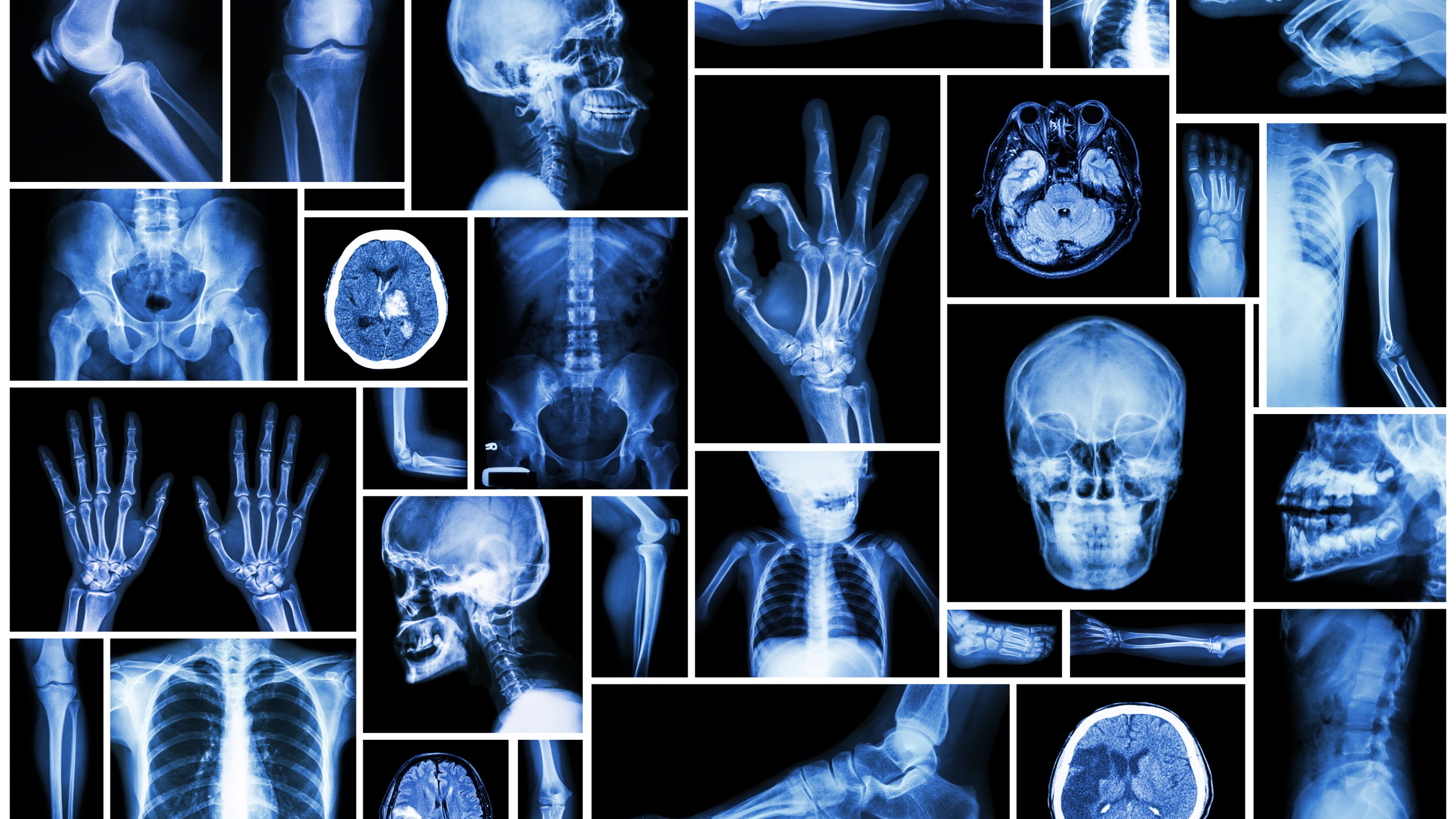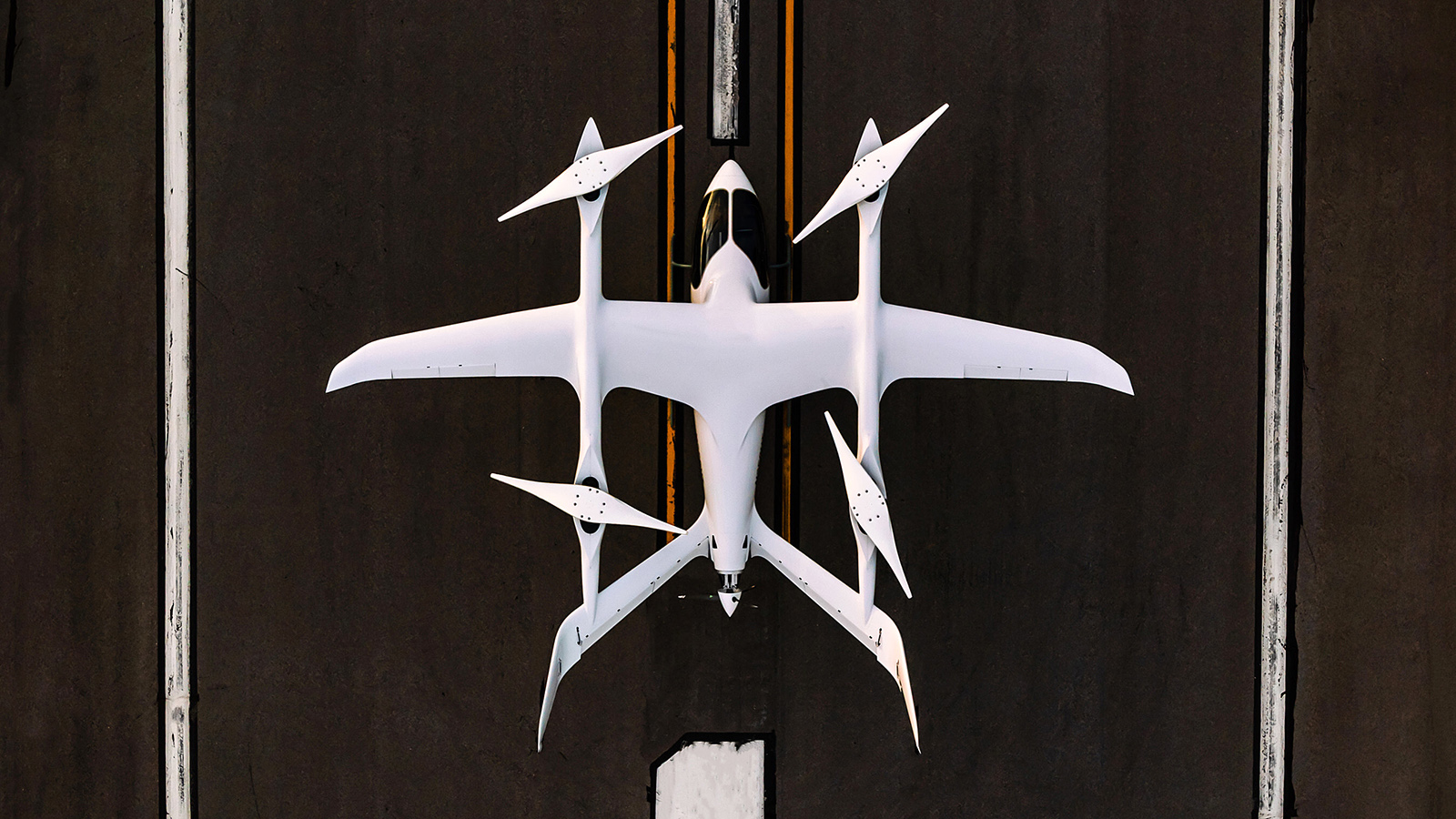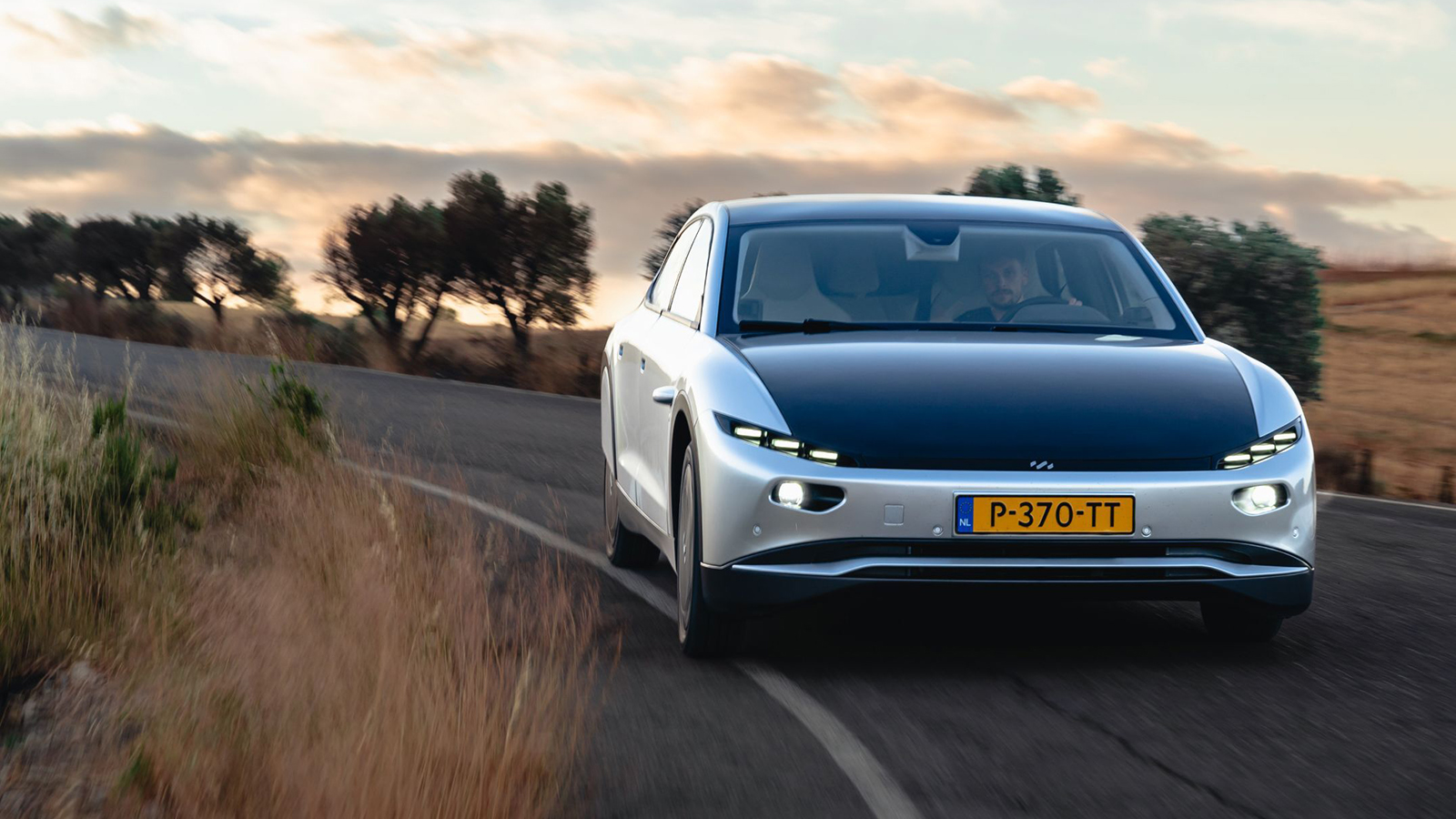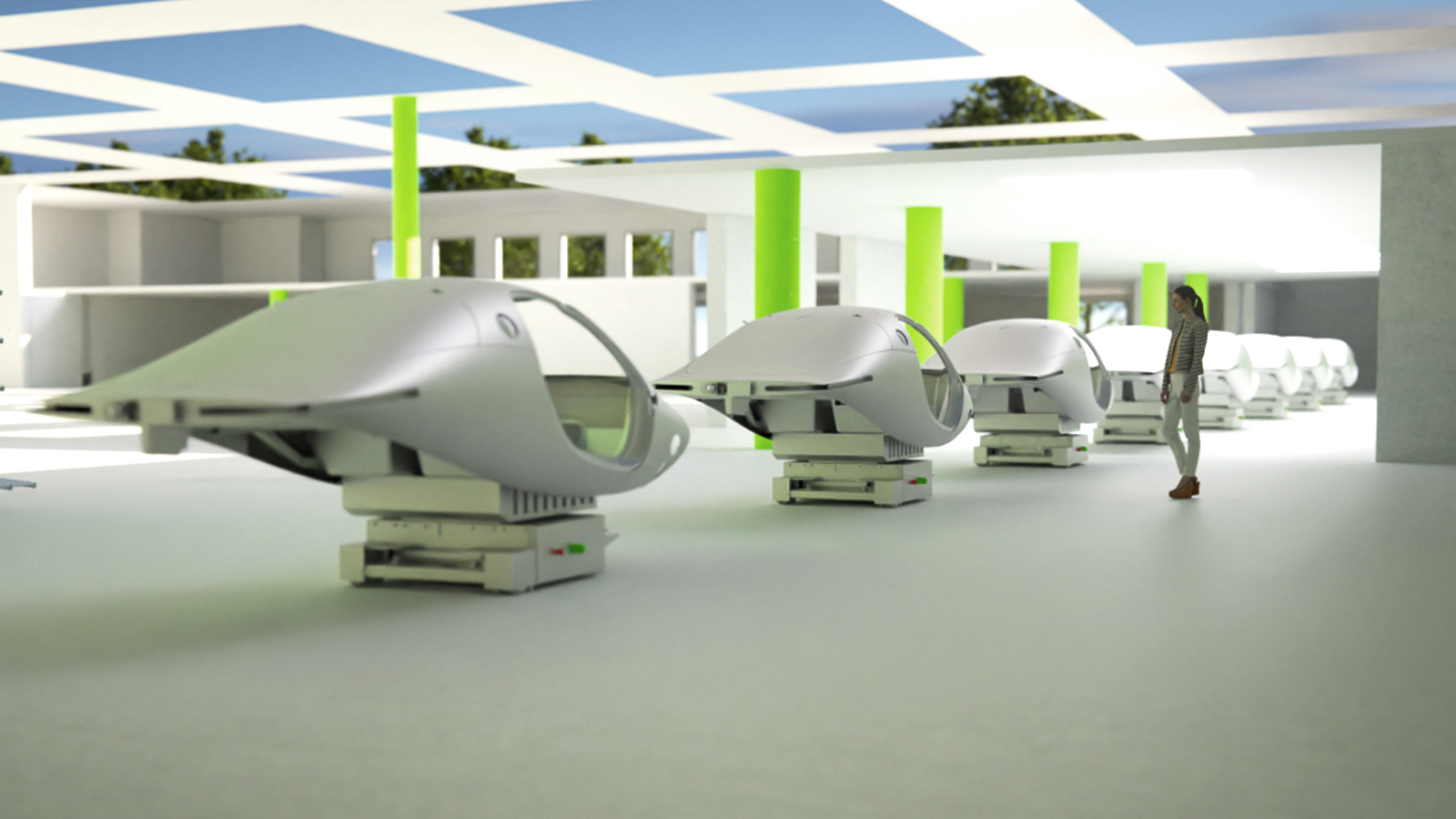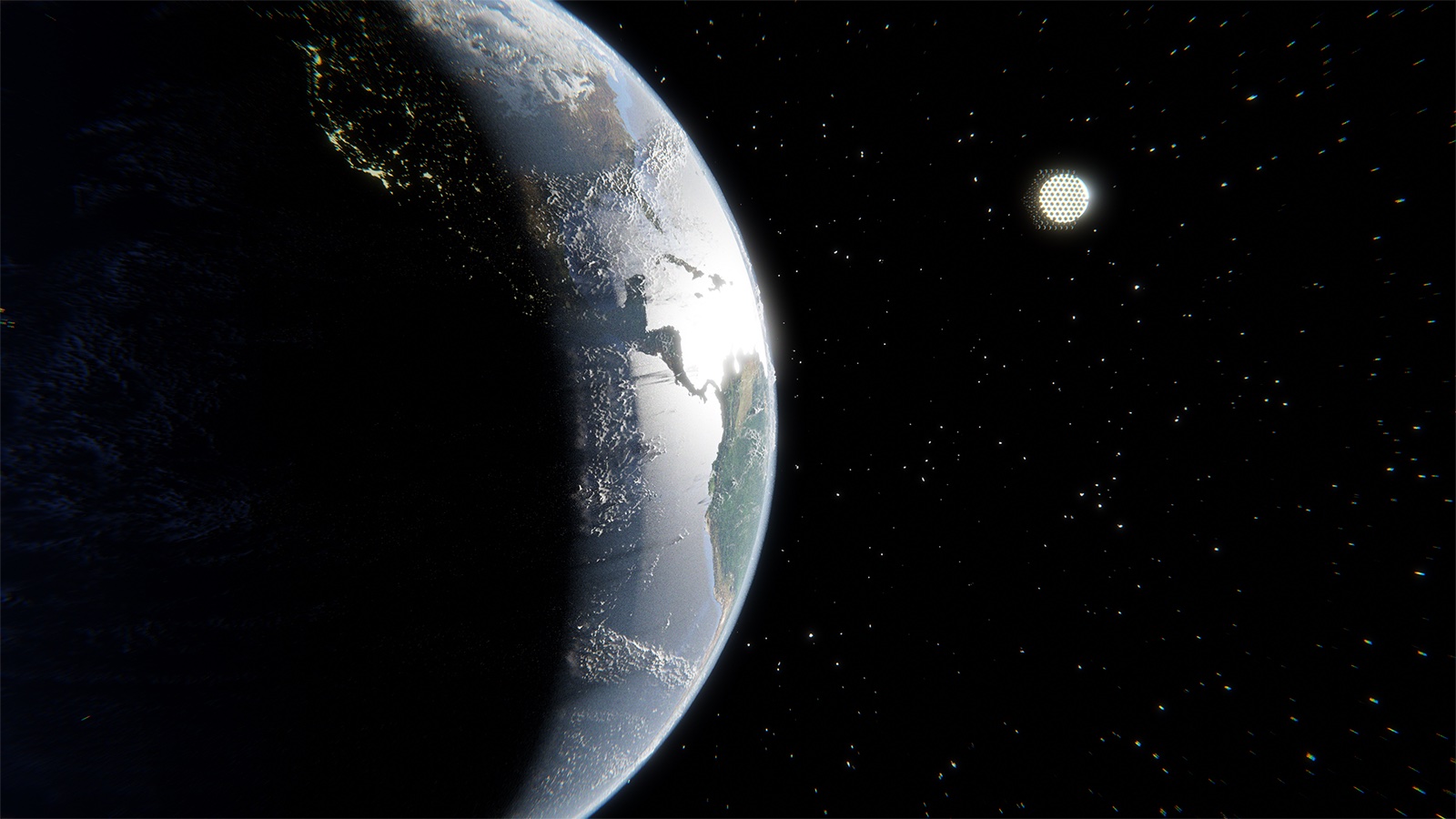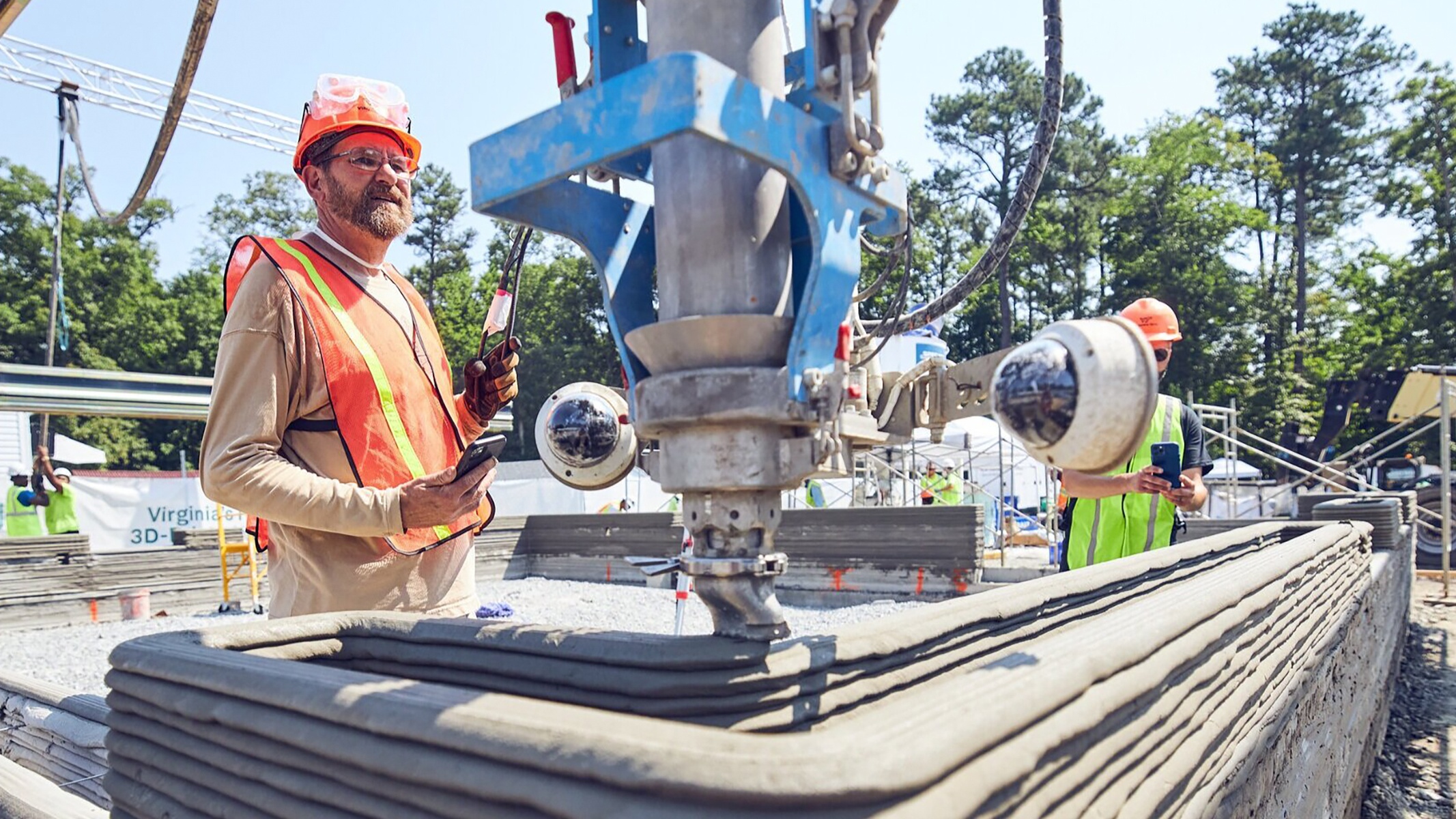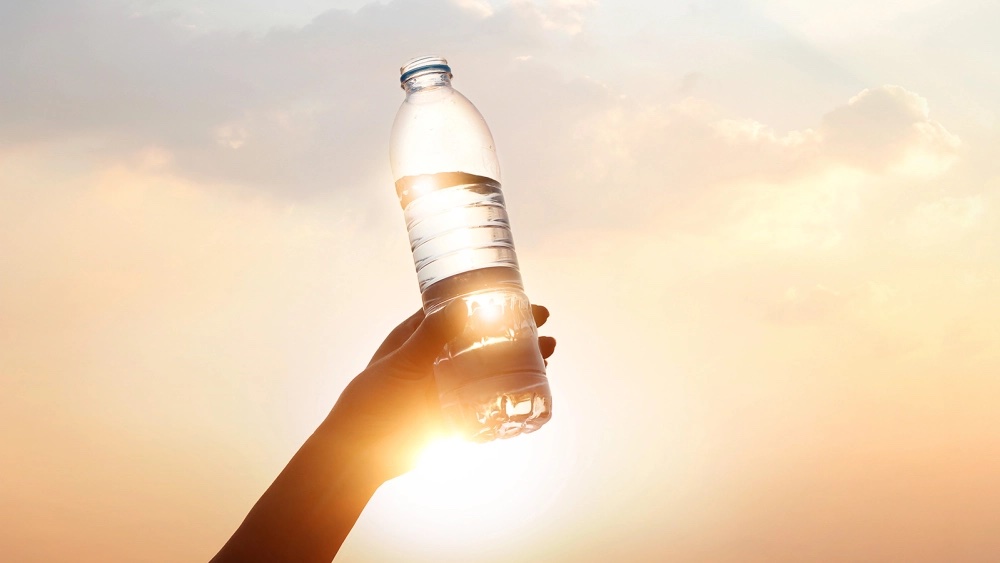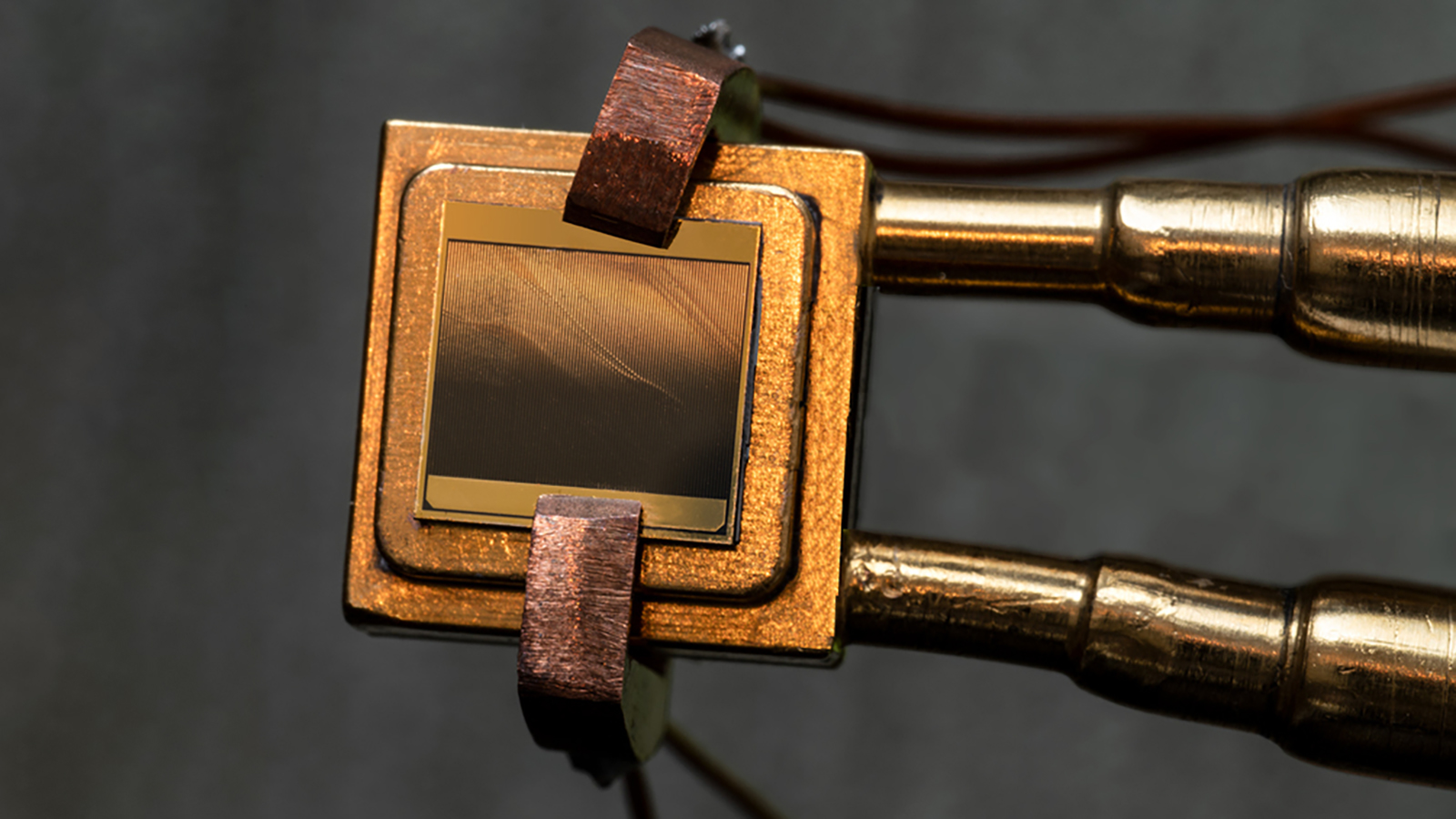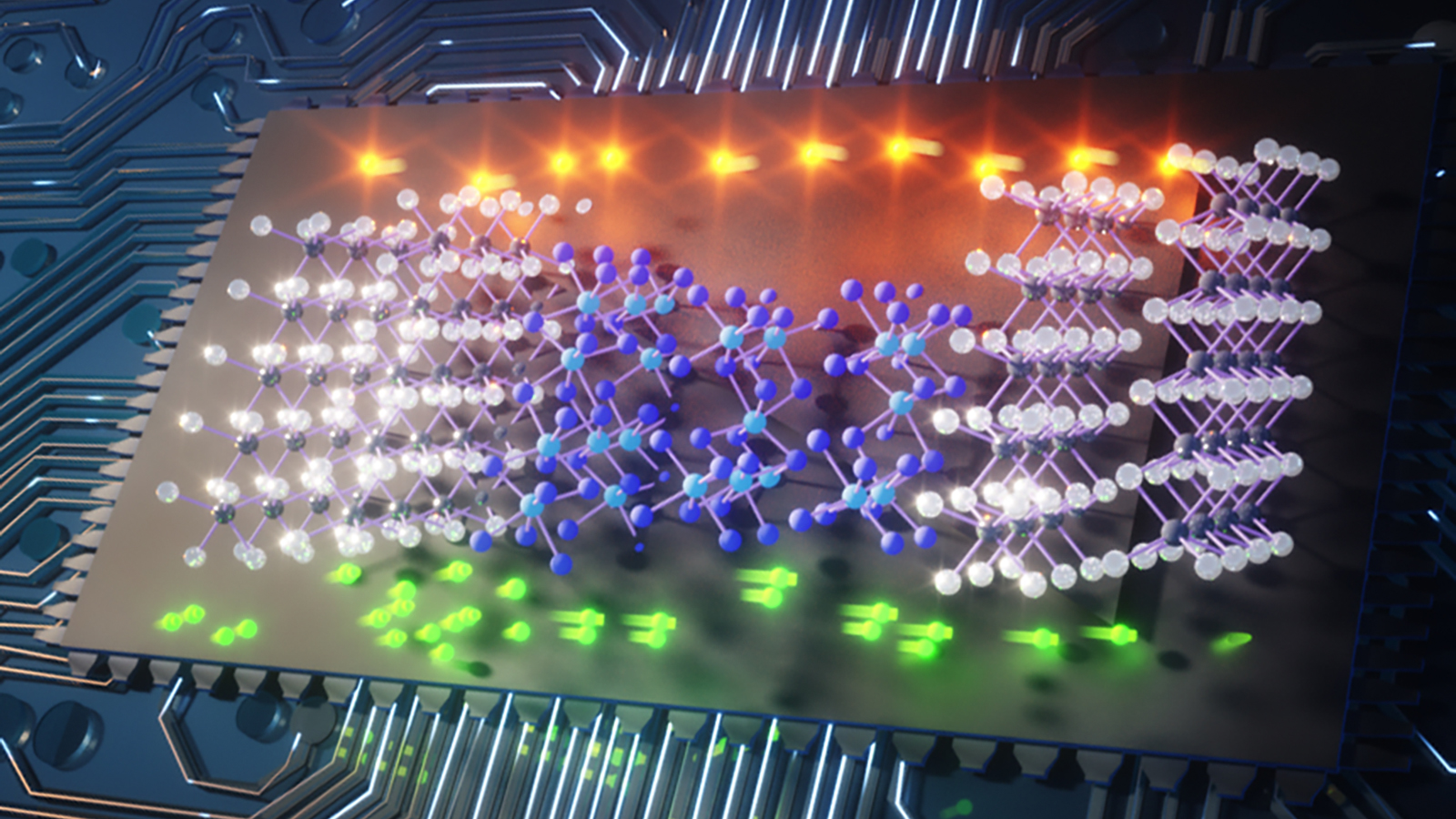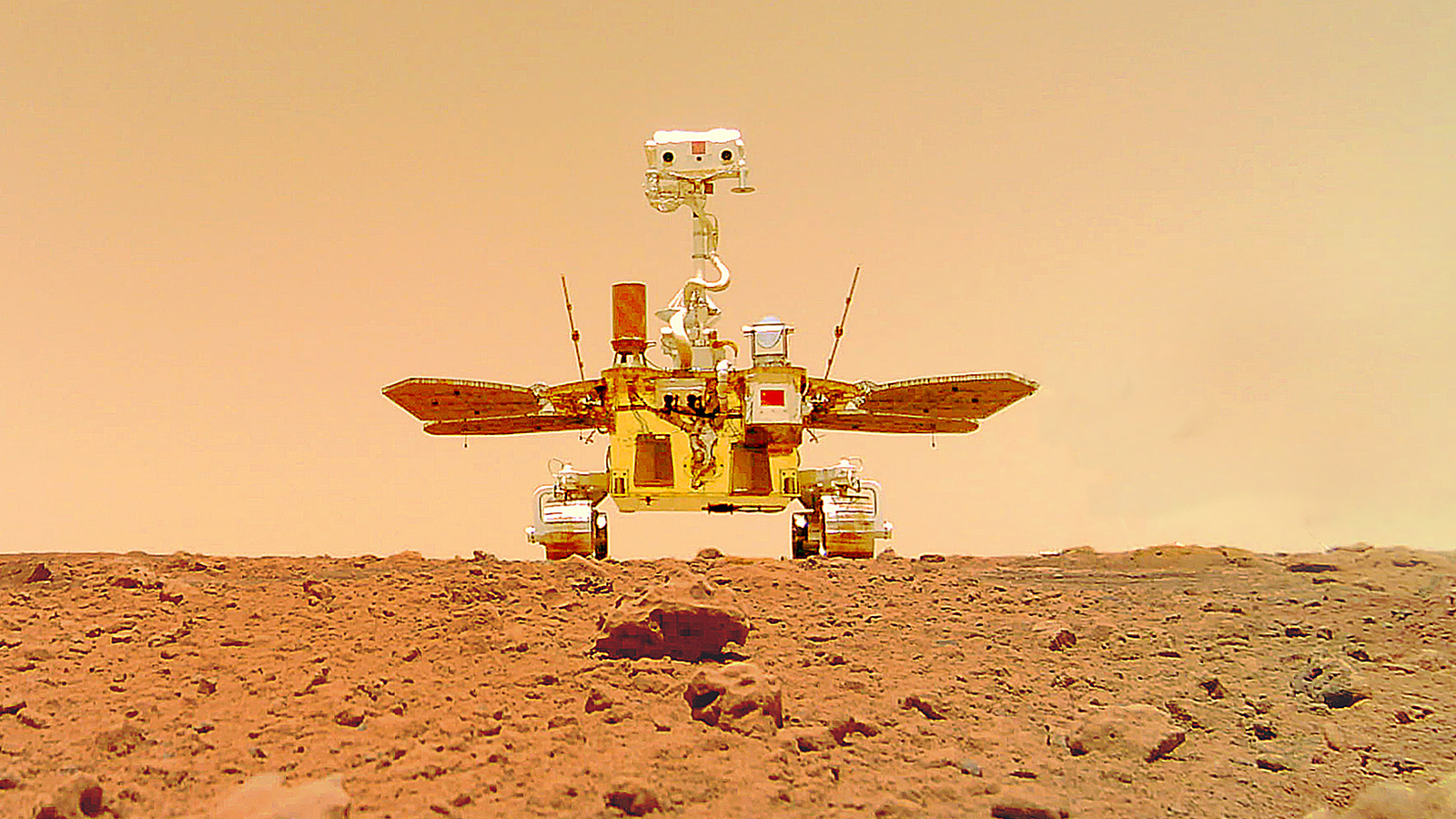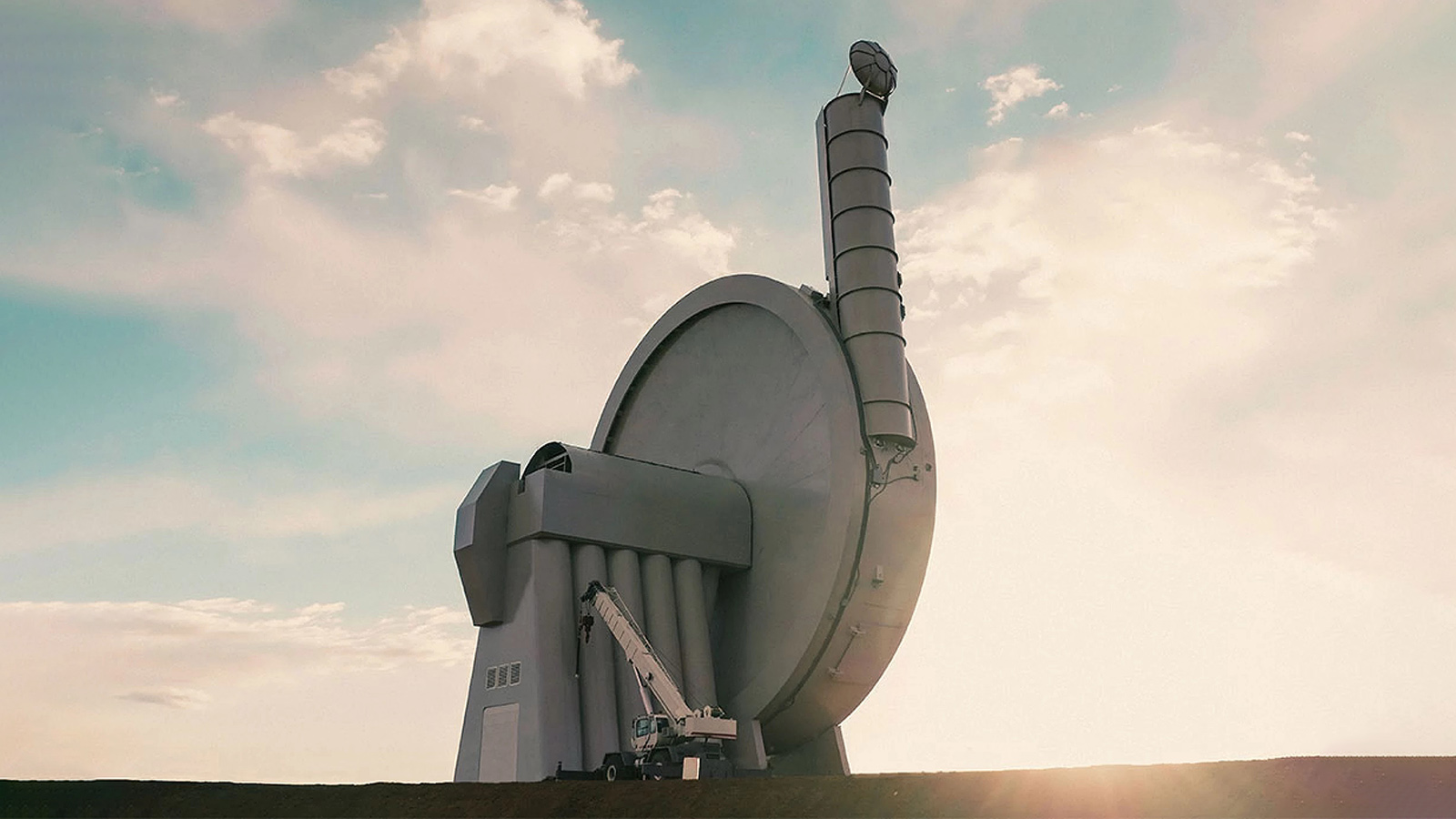Kristin Houser
Kristin Houser is a staff writer at Freethink, where she covers science and tech. Her written work has appeared in Business Insider, NBC News, and the World Economic Forum’s Agenda, among other publications, and Stephen Colbert once talked about a piece on The Late Show, to her delight.
Prior to joining Freethink, Kristin was a staff writer for Futurism and wrote several animated and live action web series.

They are expected to be cheaper to build and even more reliable than today’s nuclear plants.
Methane is a shorter-lived but more potent greenhouse gas than carbon dioxide. Cleaning it up could have a quick impact on global warming.
There may be a faster, less-painful way to use radiation against cancer.
The DARPA-funded memory prosthesis helps the brain retain new information.
This pup puts us one step closer to resurrecting extinct species.
It could one day fuel nuclear fusion reactors.
Americans are more willing to put the greater good above their own interests today than in the 1950s.
These dissolvable pills aren’t meant to be swallowed, though.
The Rubbee X requires almost no setup and is far cheaper than a brand new e-bike.
A common weed uses uncommon types of photosynthesis.
The phenomenon of “digital dementia” might not be real after all.
It’s simple to make, easy to use, and should work against any variant.
The surface of asteroid Bennu is more like a plastic ball pit than the Moon.
It could permanently lower cholesterol — and permanently reduce your risk of having a heart attack.
More than 150 companies are developing flying cars. Here’s why they’re aren’t yet off the ground and darting across city skies.
More humans are being born with a third arm artery, an example of microevolution happening right before our eyes.
From Amazon to the US Army, everybody wants one (or 150).
Deliveries of the $250k Lightyear 0 will start in November 2022.
Aptera expects to begin delivering its solar-powered car later in 2022.
An out-of-this-world idea could help reduce some of the risk of solar geoengineering.
Experts believe they could cut the time it takes a rocket to reach Mars by up to 25%, shaving about two months off the trip.
One home was printed in 28 hours. Now, Alquist 3D is building 200 more.
It could make enough drinking water for a family of four.
It has no moving parts and could allow us to tap into renewable energy year round.
In a major advance, scientists have found a new and groundbreaking way to force electrons to flow only in one direction in a superconductor.
Data from the Zhurong rover suggests the Red Planet was wet more recently than we thought.
Disulfiram is an FDA-approved drug for the treatment of chronic alcoholism. It might also serve as anti-anxiety medication.
Spin, spin, spin — fire! The startup’s radical system could make satellite launches cheaper and cleaner.
